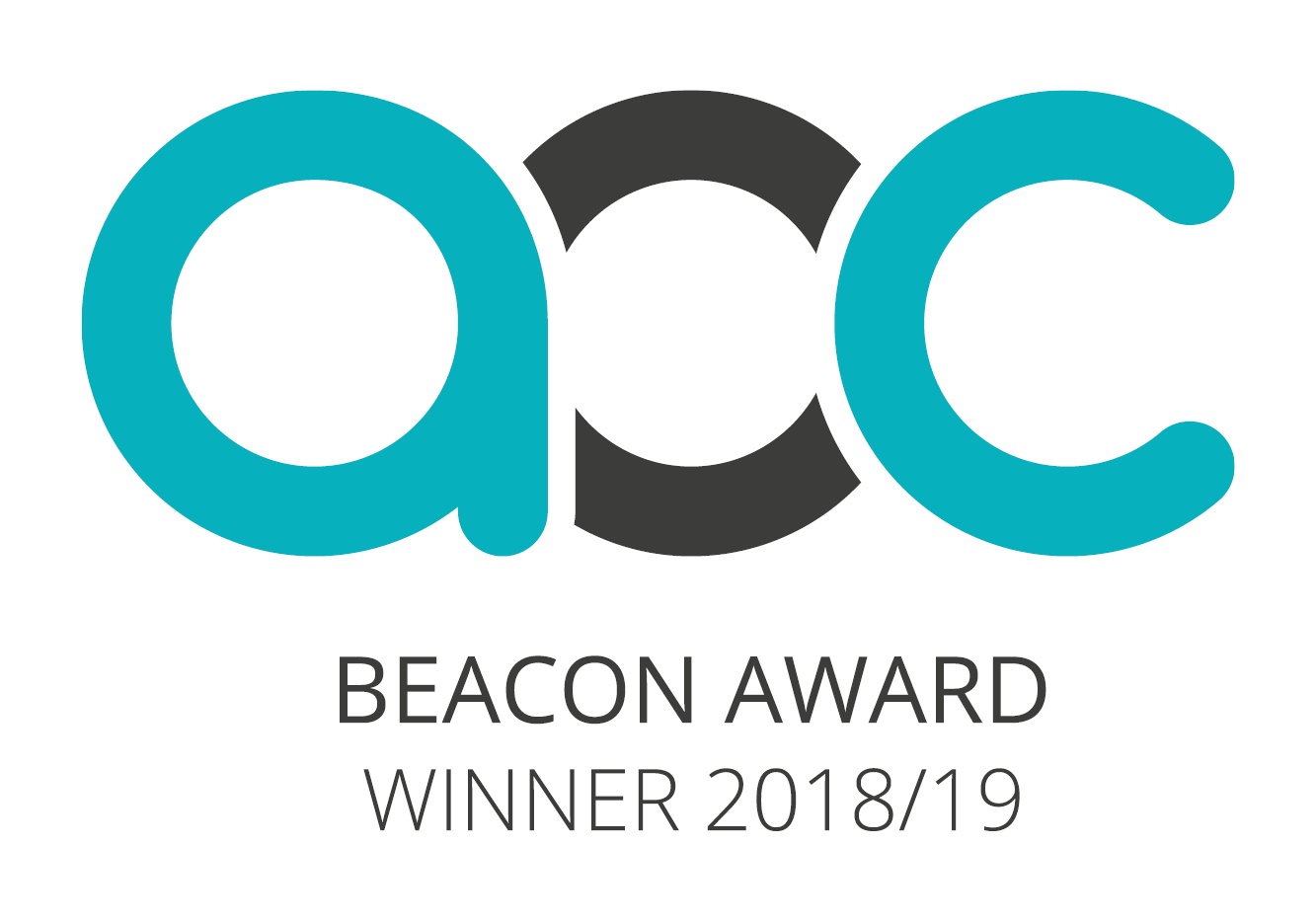12 April 2016

As exam time approaches and stress levels can start to rise, The Sixth Form College is expanding its voluntary programme of Mindfulness to help students perform to their full potential.
The specialist support offered at The Sixth Form College comes in a variety of packages. Along with the academic and development support of the individually assigned Personal & Guidance Tutors, and the Enrichment opportunities available to further students’ extracurricular activities while enhancing the CV, there are other systems in place to support our students through their time studying A Levels.
Mindfulness may be an unfamiliar concept to some but it’s something that currently helps a number of students measurably improve their performance in class and beyond. While the students currently benefitting from the activity had the option directly suggested to them, the college is preparing to offer drop-in sessions for anyone who may feel increasing anxiety and tension around this crucial time of year.
A form of cognitive training aimed at enhancing academic achievement, the college’s Mindfulness programme is a voluntary option but one which several students can testify is helping them with their workload, plus their life outside college.
Born out of ancient Buddhist techniques but now recognised as definitively secular, trained Mindfulness instructor and Psychology teacher Roy Owen helps students focus on the current moment and reduce anxiety and stress, which can have detrimental effects on production and organisation of workloads.
At the end of 2015, the government backed a £1m national scheme to increase the number of teachers trained in instructing Mindfulness in order to make it common place in educational institutions, as it assists in academia as well as mental health and wellbeing in young people – an issue which has often been underestimated in the past.
One student, who has attended Mindfulness sessions twice a week for the last term, said: “When I first started, I wasn’t quite sure what it was, but you can feel the benefits as soon as you start. You can concentrate better on your work. Before Mindfulness, I was behind on a lot of my coursework but now I’m up to date with everything. It’s helped a lot.
“It’s particularly helpful to put your thoughts into perspective. It’s not a matter of those thoughts disappearing but more like putting them in order and not feeling overwhelmed.”
Another student, who has been practicing Mindfulness for around two months, said: “I might not have passed some tests, or even some subjects before, but now I can and I do. It’s helped me become more organised with my work and focus more, but be relaxed at the same time.”
“I actually appreciate my family a lot more now. I used to go home and just go to my room or be on my phone the whole time. I talk to my family a lot more and appreciate being around them and their company.”

Instructor and Psychology teacher, Roy Owen, said: “There’s great quote from Abraham Lincoln that we use as an example for Mindfulness: “Give me six hours to chop down a tree and I will spend the first four sharpening the axe.” That’s exactly how it works; we’re sharpening the axe.”
Roy continued: “A lot of students find it difficult to understand how something extra on your timetable, a 45 minute slot per week, could possibly give you more time to do work. What you find is, when you practice Mindfulness, you’re much more efficient in what you do. A piece of work that may take you two hours may only take an hour when your mind isn’t full and you’re more mindful.”
To any sceptics, Roy’s response was simple: “If someone told you a book was a load of rubbish but had never read the book themselves, you’d say to them to read the book. It’s the same with Mindfulness.”
.png)

.jpeg)
(3).jpg)

.jpg)








_(403x640).jpg)